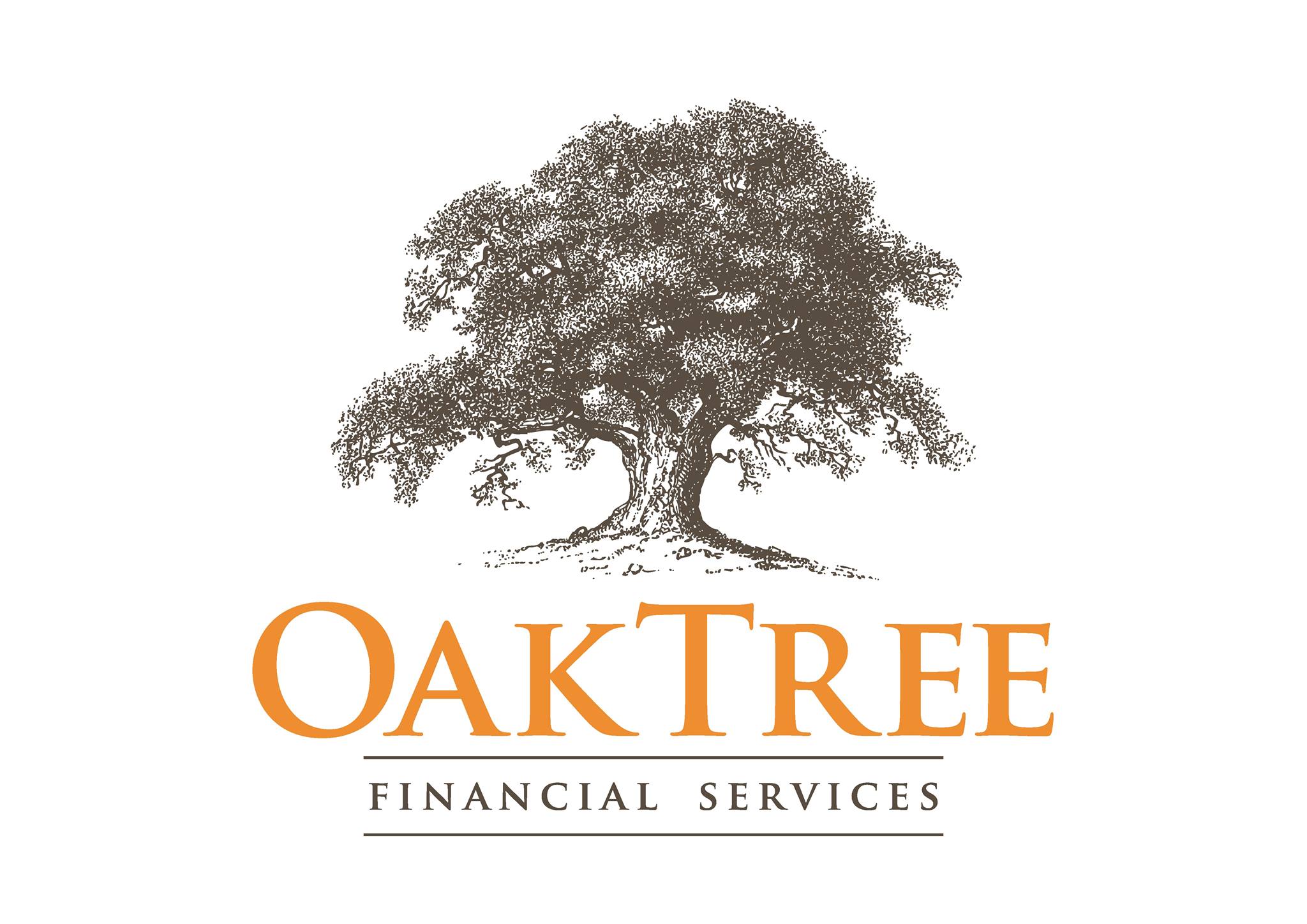If you are a self-employed individual, it is important to know that there is a difference when it comes to pension planning as a sole trader vs if you are trading as part of a limited company. Typically, a Personal Pension is the better option for a sole trader. If you are trading as a limited company, an Executive Pension would most likely be the way to go.
Personal Pensions
Personal Pensions are also known as Retirement Annuity Contracts, and they are completely owned by the individual. That means no one else has a right over the assets of the fund, as may be the case if you’re in a more traditional, though increasingly rare, defined benefit or final salary scheme.
Personal Pension Plans are designed for people who don’t have a pension scheme through work. In particular, they would suit self-employed sole traders. Contributions can only come from earned income.
You can access your personal pension fund from the age of 60, and you can take a tax-free lump sum of up to 25% of your fund up to a max of €200,000.
Just like other pension products, you’re entitled to tax relief on your contributions, up to certain age limits, at either the standard (20%) or higher (40 %) rate of tax, depending on which you pay. Thus, if you pay tax at the higher rate, a €240 contribution to your fund will only cost you €144.
Learn more about Personal Pensions.
Executive Pensions
If you have established a successful company that is profitable, then the company should serve you. In order to do this, you need to be able to extract wealth from the company in the most tax-effective manner possible.
As a company director, you have substantial scope to use pension legislation as a tool for extracting wealth from your company, so you can benefit from advice on the more technical aspects of pension law and investment management. We encourage our clients to look at pensions as a tool for tax-effective wealth extraction. Few business owners use the legislation to maximum effect. Most have scope to do additional tax planning.
One of the most attractive and tax-efficient ways for company directors to extract profits from their company and turn them into personal wealth is to have their company make contributions to an Executive Pension Plan.
An Executive Pension is a pension set up by the Ltd company for the benefit of the Directors or Senior Employees of the company. The pension is set up under a trust and typically the employer will act as the trustee.
Both employees and employers can make contributions, and you can access your executive pension from the age of 50.
Learn more about Executive Pensions.
If you want to get the most out of your retirement, call us on 025-30588 or book a complimentary chat.
Adrian Godwin is a Senior Financial Consultant and the co-founder and managing director of Oaktree Financial Services. With a background in accounting and tax advising, Adrian specialises in estate planning and wealth management.Adrian offers clients reassurance through best practice solutions. His unique skill set and qualifications enable clients to develop comprehensive life plans that align with their goals.



